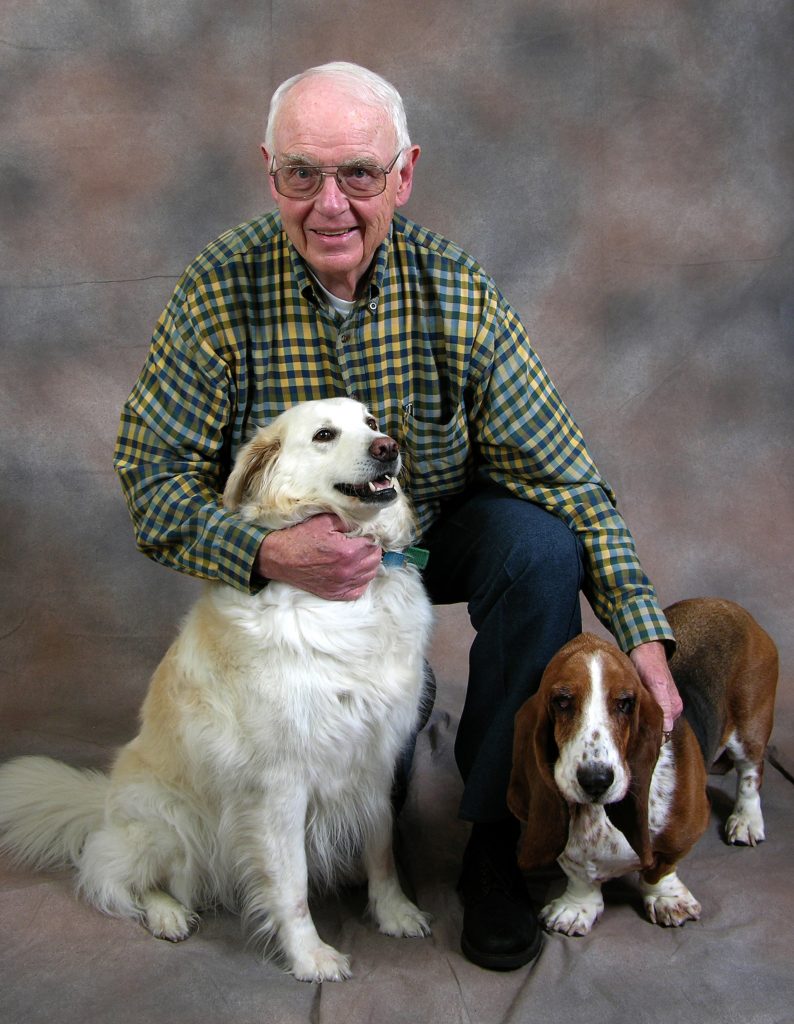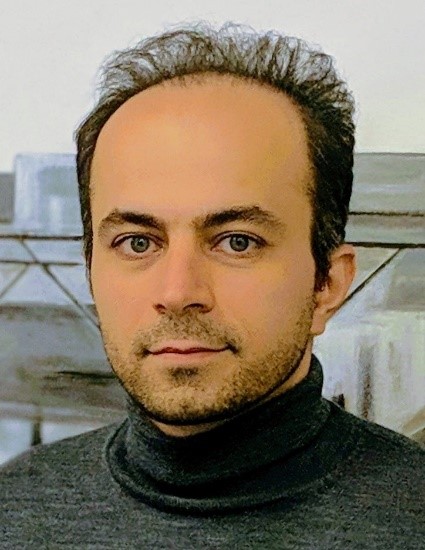Montana State’s WTI awarded $6.4 million by federal Transportation Department for workforce development
MSU News Service; Skip Anderson October 30, 2024 BOZEMAN — The U.S. Department of Transportation has awarded the Western Transportation Institute at Montana State University a grant to assist workforce development in the railway sector across the state of Montana. The $6.4 million grant is part of an infrastructure initiative funded by the DOT’s Federal […]
MDT Announces WTI-led Project as Winner of AASHTO High Value Research
The Montana Department of Transportation (MDT) announced a research project they nominated, the “Effectiveness of Highway Safety Public Education at Montana Motor Vehicle Registration Stations by Streaming a Variety of Safety Content,” has been recognized by AASHTO RAC Region 4 as a 2024 High Value Research award winner in the supplemental category of Safety, Security, […]
WTI Employees Recognized for Years of Service
Every October, Montana State University hosts the Milestones in Service Award banquet to recognize employees who reached five-year employment increments during the previous fiscal year. This year’s event included three WTI employees celebrating significant work milestones. Of special note are Susan Gallagher, WTI’s Education & Workforce Program Coordinator, and Marcel Huijser, Senior Research Ecologist, for […]
Project Co-Led by Laura Fay Wins AASHTO Award
WTI is proud to announce that a National Center for Atmospheric Research (NCAR), WTI, and Aurora Pooled Fund study relating weather conditions and roadway friction measurements has received the High Value Research award from the American Association of State Highway and Transportation Officials (AASHTO). Led by NCAR’s Gerry Wiener, with WTI’s Cold Climate Operations & […]
CATS Faculty Participant Receives Well-Deserved Recognition
WTI’s Community-engaged and Transformational Scholarship (CATS) program fosters course-based project partnerships between MSU faculty and students and public agencies or other community-based organizations. CATS provides a framework for agencies to harness students’ ideas, creativity, and energy while at the same time offering students the unique opportunity to work for a real client and to produce a […]
WTI Employees Recognized for Years of Service
Every October, Montana State University hosts the Milestones in Service Award banquet to recognize employees who reached five-year employment increments during the previous fiscal year. This year’s event included seven WTI employees celebrating significant work milestones. Of special note are David Kack, WTI’s Executive Director and Director of the Small Urban, Rural and Tribal Center […]
MSU Selects Jay Otto for Employee Recognition

On April 14, Center for Health and Safety Culture Principal Scientist Jay Otto was selected for “Pure Gold,” a Montana State University employee recognition program. Nominated by colleague Annmarie McMahill, Jay was recognized for his meaningful research projects and his “above and beyond” efforts to serve the university and community. Read the full story on […]
In Memoriam: Dr. Bill Jameson

We are saddened to share that former WTI staff member Dr. Bill Jameson passed away on January 2. Bill joined WTI in 2003 as a Senior Research Scientist, two years after his “retirement” from a distinguished engineering career that encompassed military, private sector, public sector, education, and research and development experience. At WTI, he specialized […]
2021 30th Annual UTC Outstanding Student of the Year Awards

Congratulations to Ali Rahim-Taleqani of North Dakota State University (NDSU). Ali has been recognized as a 2020 Outstanding Student of the Year by the University Transportation Centers for his contributions to the Small Urban, Rural and Tribal Center on Mobility led by the Western Transportation Institute at Montana State University. Ali has over 10 years […]
Milestones in Service: Faculty and Staff Honored at Virtual Ceremony
On November 5, Montana State University hosted the 7th annual Milestones in Service celebration with a virtual awards ceremony to honor faculty and staff for their dedication and years of service to MSU. Awards are provided in 5-year increments based on cumulative years of service. This year’s ceremony recognized a number of faculty and staff […]
